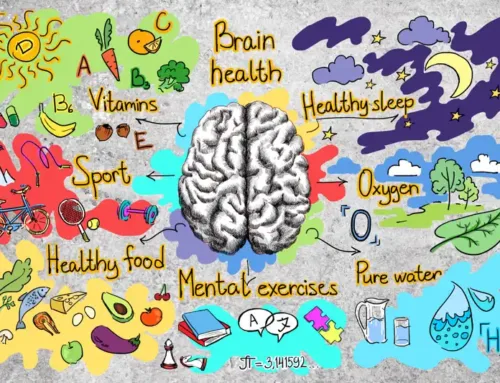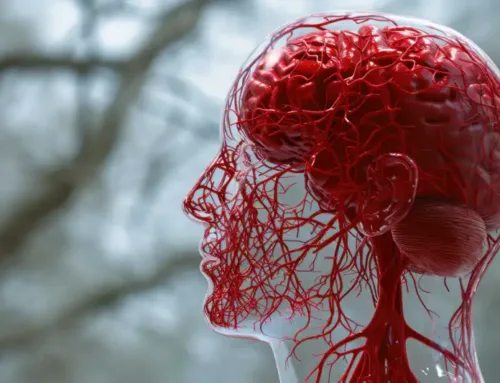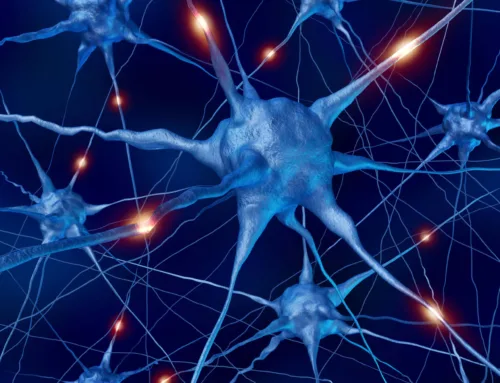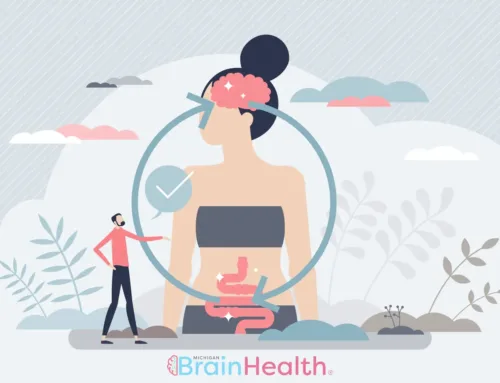It’s summer and school is out. Now is the best time to prepare your child for a successful new school year. While the schedule is less busy from school activities, you may find it the ideal time to work on brain training, like many other parents have over the years.
Did you know attention-deficit/hyperactivity disorder (ADHD) is the most common psychiatric disorder of childhood? Stimulant medications are the typical go to for medical treatment. Those concerned with the side effects of the various ADHD medications often take a “drug holiday” during the summer. An ADHD drug holiday is the practice of stopping ADHD medication for a period of time, usually during a vacation from work or school, when it’s perceived that focus and concentration aren’t required. Some of the stimulant medications used to treat ADHD wear off quickly, leaving the system within hours.
Neurofeedback works best when the brain is not forced into certain brainwave patterns with drugs
While psychotropic medications are coercive, meaning they force a change in brainwave activity, via their mode of operation, neurofeedback gently suggests changes in brain activity. If a child is on a “drug holiday”, their neurofeedback program can work better since it wouldn’t be “fighting” against the coercive effect of the medication. This is another reason why summer is a great time to for neurofeedback to help with ADHD.
Does your child exhibit these behaviors?
- Fidgeting and hyperactivity
- Impulsivity
- Speaking out of turn
- Easily distracted
- Difficulty focusing
If so, perhaps it’s time to help them via drug-free neurofeedback combined with the Michigan Brain Health holistic perspective.
What does a parent do when they want a drug-free approach to ADHD that has helped thousands of students improve?
Did you know there are many research studies that give neurofeedback high marks for helping those with ADHD (and other health challenges)? Here is an example for your consideration:
Neurofeedback for ADHD: a review of current evidence1
Martin Holtmann, MD, Edmund Sonuga-Barke, PhD, Samuele Cortese, MD, PhD, Daniel Brandeis, PhD
Key Points from the research paper
- Among alternative treatment approaches for attention-deficit/hyperactivity disorder (ADHD), neurofeedback has gained empirical support in recent years.
- Via neurofeedback, children with ADHD are trained to regulate their neurophysiologic profile or to bring it closer to that of nonaffected children; learning of self-regulation is thus a key mechanism.
- According to recent meta-analytic evidence, neurofeedback leads to significant decreases of ADHD core symptoms.
Of course, our suggestion for the concerned parent is to contact Michigan Brain Health for a Free Evaluation to see if our drug-free care is suited for your child. You can also call us at 586-488-4818.
What Else Can Neurofeedback Help?
Neurofeedback is a type of brain training or biofeedback that uses real-time data to stimulate proper brain function and train the patient to regulate their own brain waves. Neurofeedback is approaching mainstream acceptance: this article in the Washington Post about neurofeedback extols its virtues as an adjunct treatment for a wide variety of brain disorders, including PTSD, pain and anxiety.2
Conditions clinically responsive to neurofeedback include:
- ADHD, Autism & Learning Issues
- Anxiety, Depression & PTSD
- Concussion & Brain Injuries
- Insomnia & Sleep Disorders
- Chronic Pain & Fatigue
- Memory Loss & Dementia
- Strokes & Seizures
- Fibromyalgia
A neurofeedback session is a bit like playing a video game with your brain
QEEG Sensors are painlessly placed on the scalp to measure electrical activity, with measurements displayed using video displays or sound.
Clients can learn over time and repeated sessions to self-adjust brainwaves back into the normal ranges, resulting in a reduction of emotional or neurological symptoms.
For those who find it difficult to come into the office regularly for sessions, neurofeedback is also available using our home-based neurofeedback training.
Next Steps
Are you ready to find out if neurofeedback at Michigan Brain Health may help your child with ADHD? If so, we are excited to let you know we offer a free initial evaluation for everyone. No strings attached. No obligations. It takes about 30 minutes. So, if you’re ready to check it out, call my office at 586.488.4818. I’d love the chance to help you improve your sense of well-being.
Schedule a Free EvaluationWant to learn more about neurofeedback? Check out my Introduction to Neurofeedback Video
Schedule a Free Evaluation or call (586) 488-4818 and see for yourself how beneficial the Michigan Brain Health neurofeedback program can be for your health challenges.
Always remember one of my mantras, “The more you know about how your body works, the better you can take care of yourself.”
For more details about the natural approach I take with my patients, take a look at the book I wrote entitled: Reclaim Your Life; Your Guide To Revealing Your Body’s Life-Changing Secrets For Renewed Health. It is available in my office or at Amazon and many other book outlets. If you found value in this article, please use the social sharing icons at the bottom of this post, and please share with those you know who are still suffering from chronic health challenges, despite receiving medical management. Help me reach more people so they may regain their zest for living! Thank you!
ALL THE BEST – DR. KARL R.O.S. JOHNSON, DC, BCN – DIGGING DEEPER TO FIND SOLUTIONS
References:










